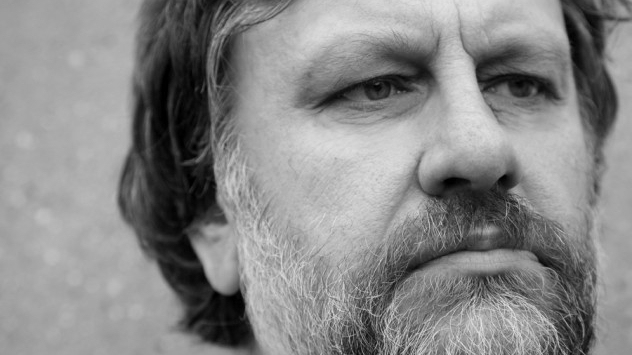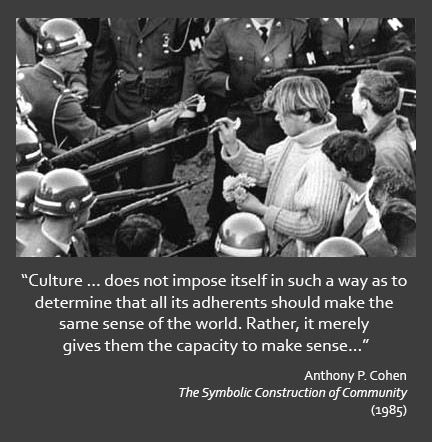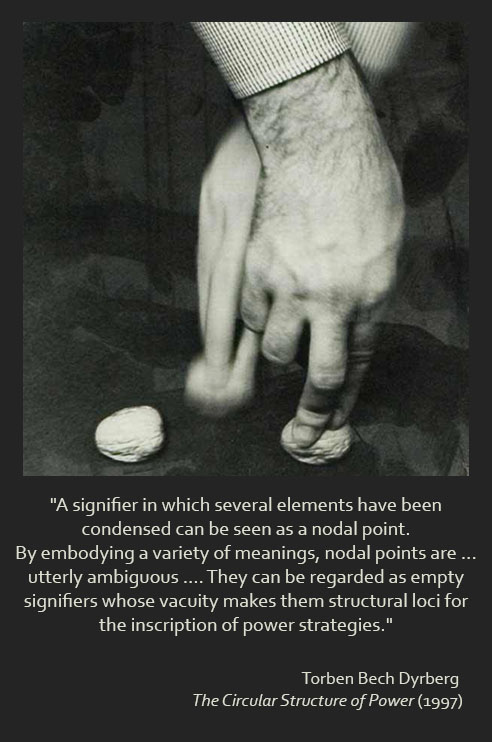 Who can resist the goofy affectations of Olympic snowboarders? Typically, their hairstyles (how about that Staale Sandbech, huh?) and wicked lingo make just as news as their jumps. In his “Sochi Story” below, Sage Kotsenburg gives a taste of his colloquial style, making fans even as he admits to not having to “sacrifice really or anything.” He’s just been able to stay cool with the help of his awesome family and awesome sponsors and awesome U.S. team, ultimately landing the “sick, really fun experience” of winning Olympic gold. Continue reading “Talk Like An Olympian”
Who can resist the goofy affectations of Olympic snowboarders? Typically, their hairstyles (how about that Staale Sandbech, huh?) and wicked lingo make just as news as their jumps. In his “Sochi Story” below, Sage Kotsenburg gives a taste of his colloquial style, making fans even as he admits to not having to “sacrifice really or anything.” He’s just been able to stay cool with the help of his awesome family and awesome sponsors and awesome U.S. team, ultimately landing the “sick, really fun experience” of winning Olympic gold. Continue reading “Talk Like An Olympian”
Making Magic Work
 An old story has been making its rounds and sparking discussion online over the past few weeks and it was too good for me to pass up on giving it a little Culture on the Edge consideration.
An old story has been making its rounds and sparking discussion online over the past few weeks and it was too good for me to pass up on giving it a little Culture on the Edge consideration.
“I, for one, would like to see the so-called evidence this school has that a 15-year-old girl made a grown man sick by casting a magic spell.” – Joann Bell, Executive Director, ACLU, Oklahoma Chapter.
The story went a little something like this: Fifteen-year old student, Brandi Blackbear, of Union Intermediate High School was accused of “casting a magic spell” that left her teacher sick and hospitalized. She was suspended. A civil rights lawsuit was filed with the U.S. District Court in Tulsa, Oklahoma on behalf of the student, which indicated that the student was banned from donning and drawing Wiccan signs and symbols in school. Continue reading “Making Magic Work”
It’s All a Game of Inches
 It’s always fascinated me how carefully the referees measure a close first down in American football. “It’s a game of inches,” they say, since inches matter when you’ve advanced almost ten yards, but not quite. But that’s not the best part. Continue reading “It’s All a Game of Inches”
It’s always fascinated me how carefully the referees measure a close first down in American football. “It’s a game of inches,” they say, since inches matter when you’ve advanced almost ten yards, but not quite. But that’s not the best part. Continue reading “It’s All a Game of Inches”
Secret Agent Man
 The approach to identification advocated here at the Edge puzzles some readers since it troubles the usual notion that we have of the individual who does things for certain reasons. We talk about interests and purposes, yes, but we don’t presuppose the usual sort of agent doing things in the world.
The approach to identification advocated here at the Edge puzzles some readers since it troubles the usual notion that we have of the individual who does things for certain reasons. We talk about interests and purposes, yes, but we don’t presuppose the usual sort of agent doing things in the world.
Is that a contradiction?
I don’t think so. Continue reading “Secret Agent Man”
What Day is it Today…?
 Yesterday I posted on the trouble when people think that identities somehow predate the classification systems that, as I see it, actually make them possible to begin with — it’s the mark of a pretty conservative approach inasmuch as it quite literally conserves and reinforces the very thing that we, as scholars, could instead be theorizing. It’s likely a normal part of identity creation (i.e., identification) but for those who think they’re studying how identity works, rather than just creating it, inhabiting it, celebrating it, or criticizing it, well, we likely need to employ a different approach.
Yesterday I posted on the trouble when people think that identities somehow predate the classification systems that, as I see it, actually make them possible to begin with — it’s the mark of a pretty conservative approach inasmuch as it quite literally conserves and reinforces the very thing that we, as scholars, could instead be theorizing. It’s likely a normal part of identity creation (i.e., identification) but for those who think they’re studying how identity works, rather than just creating it, inhabiting it, celebrating it, or criticizing it, well, we likely need to employ a different approach.
But don’t just take my word for it. Continue reading “What Day is it Today…?”
“It Makes Us Feel Good”

Have you read Slavoj Žižek‘s take on the recent episode of the meaningless signing translator at Mandela’s memorial ceremony?
In part, it reads: Continue reading ““It Makes Us Feel Good””
Signs, Signs, Everywhere a Sign
 I assume you’ve heard the reaction to the sign language interpreter at the Nelson Mandela memorial a few days ago — the fellow who wasn’t signing anything meaningful. It’s a great example, really, of how signification works. Continue reading “Signs, Signs, Everywhere a Sign”
I assume you’ve heard the reaction to the sign language interpreter at the Nelson Mandela memorial a few days ago — the fellow who wasn’t signing anything meaningful. It’s a great example, really, of how signification works. Continue reading “Signs, Signs, Everywhere a Sign”
“Hoi Polloi”
 As a native Greek speaker, the words in English that give me most trouble—especially when I find myself at various conferences or lectures in North America that involve, in some way or another, the use of Ancient Greek—is the pronunciation of those words. I admit that I can’t resist the temptation of correction for example whenever I hear Thucydides (pronounced: Thu-si-di-dees) instead of Θουκυδίδης (pronounced: Thu-ky-theē-thees). But once I found myself in an awkward position where context made the text if not unrecognizable but certainly irrelevant. Continue reading ““Hoi Polloi””
As a native Greek speaker, the words in English that give me most trouble—especially when I find myself at various conferences or lectures in North America that involve, in some way or another, the use of Ancient Greek—is the pronunciation of those words. I admit that I can’t resist the temptation of correction for example whenever I hear Thucydides (pronounced: Thu-si-di-dees) instead of Θουκυδίδης (pronounced: Thu-ky-theē-thees). But once I found myself in an awkward position where context made the text if not unrecognizable but certainly irrelevant. Continue reading ““Hoi Polloi””
On Signifiers
On Making Meaning
 Read more.
Read more.
(Click image to enlarge.)

